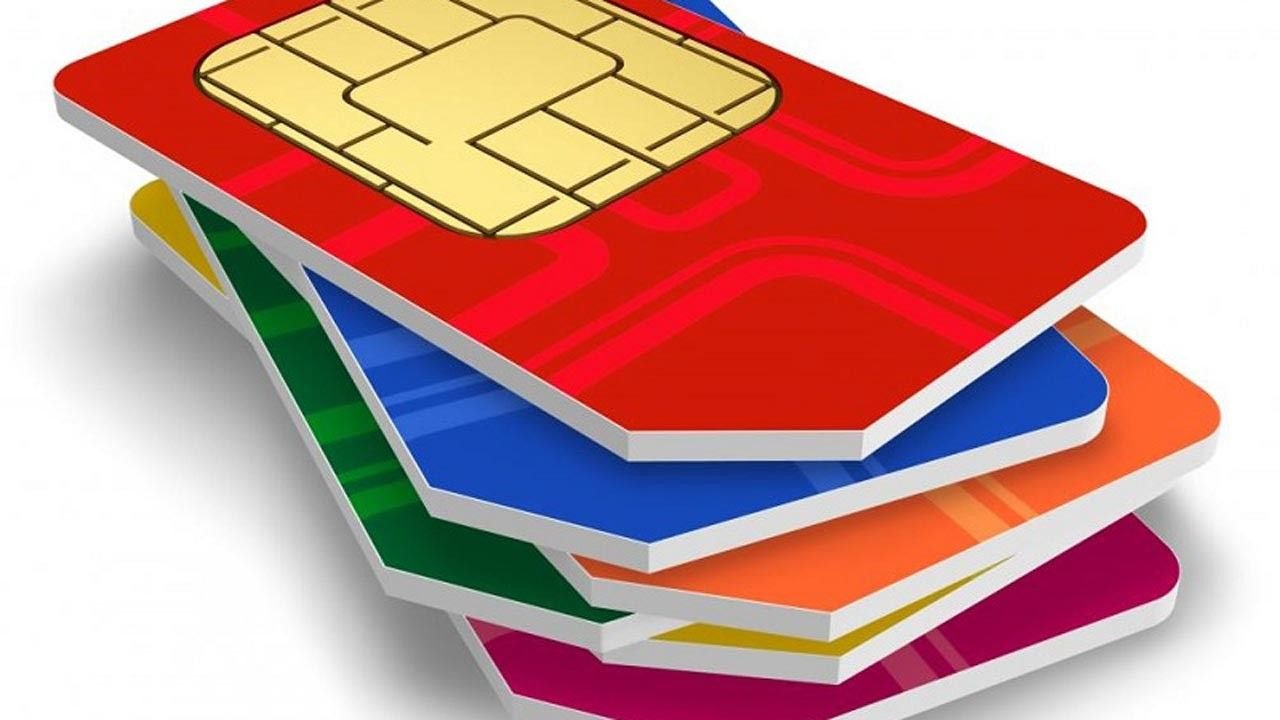Bangladesh’s telecommunications regulator has imposed fines on mobile operators Grameenphone, Robi Axiata (Robi), and Banglalink for breaching promotional SMS regulations, despite the companies arguing that these rules are overly restrictive and impractical.
The Bangladesh Telecommunication Regulatory Commission (BTRC) has fined Grameenphone, Robi, and Banglalink BDT 15 lakh in total, requiring each operator to pay BDT 5 lakh for exceeding the limit of three promotional SMSs per day. This penalty stems from a directive issued last year concerning data and related packages.
The decision to penalize the operators follows months of contention between the BTRC and the companies regarding the regulations surrounding promotional SMSs. The BTRC argues that exceeding three promotional SMSs daily can cause mental distress to customers and damage the regulator’s reputation. In contrast, the operators assert that sending more than three SMSs is vital, given that the delivery rate is below 70% due to factors like handset limitations and inactive SIM cards. They emphasize that surpassing this limit is necessary for effectively communicating new products, services, and AI-driven personalized offers to customers.
The BTRC first warned Grameenphone in late October of last year and sought an explanation in April regarding the need to send more than three SMSs daily. Grameenphone responded by noting that the average SMS delivery rate per customer is about 68% due to system limitations and handset issues, which can drop to as low as 30% for churned or inactive customers. Consequently, to ensure that at least three SMSs are successfully delivered, the operator indicated that it must send more than three.
Banglalink also received a warning from the BTRC last year and was asked for an explanation in May. The operator acknowledged the technical challenges but asserted that it had implemented measures to limit daily promotional SMS distribution. Nevertheless, it argued that the three-SMS restriction hampers the promotion of new services and products in response to evolving communication needs and rising customer demand.
Most of Banglalink’s customer base consists of non-smartphone 2G device users with limited access to digital promotional channels, making them cost-conscious buyers. Banglalink relies significantly on SMS to engage this segment, viewing it as an effective way to reach marginalized, non-smartphone users. The operator contended that enforcing the three-SMS limit is discriminatory and deprives customers of relevant product offers.
Robi, which also received a warning in late October last year, was asked to provide an explanation in November for sending more than three SMSs daily. The operator stressed that promotional SMSs are crucial for service diversification, product selection, and AI-based notifications. Furthermore, Robi pointed out that its SMS platform operates independently from its data and voice platforms, making it technically unfeasible to restrict the number of SMSs sent.














